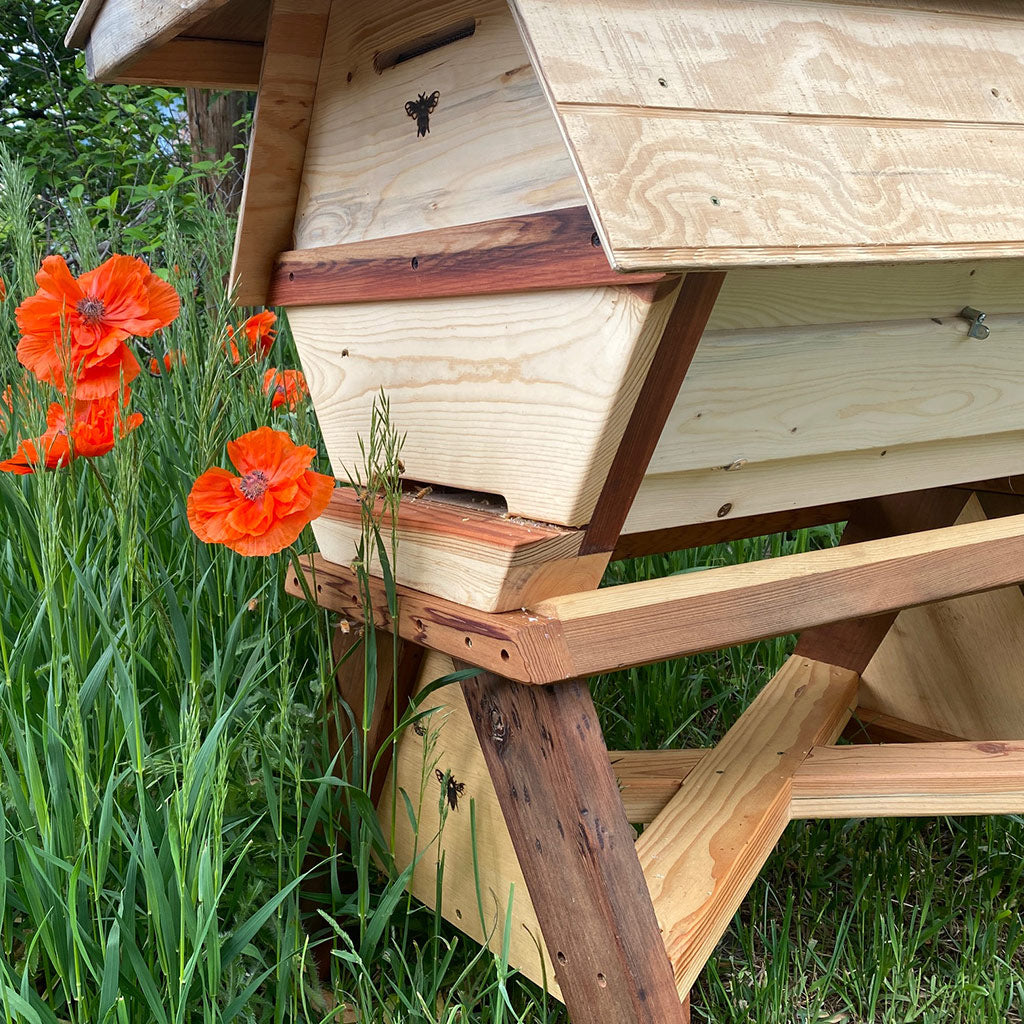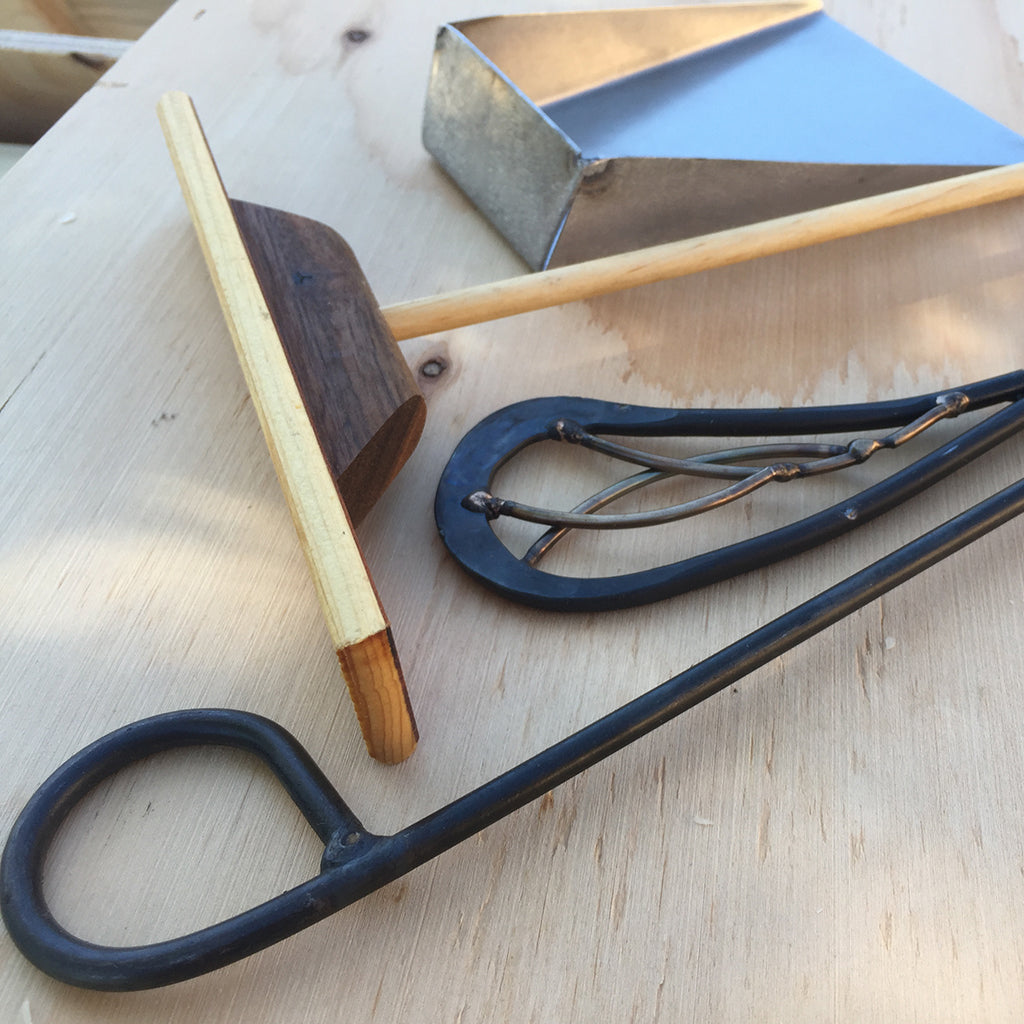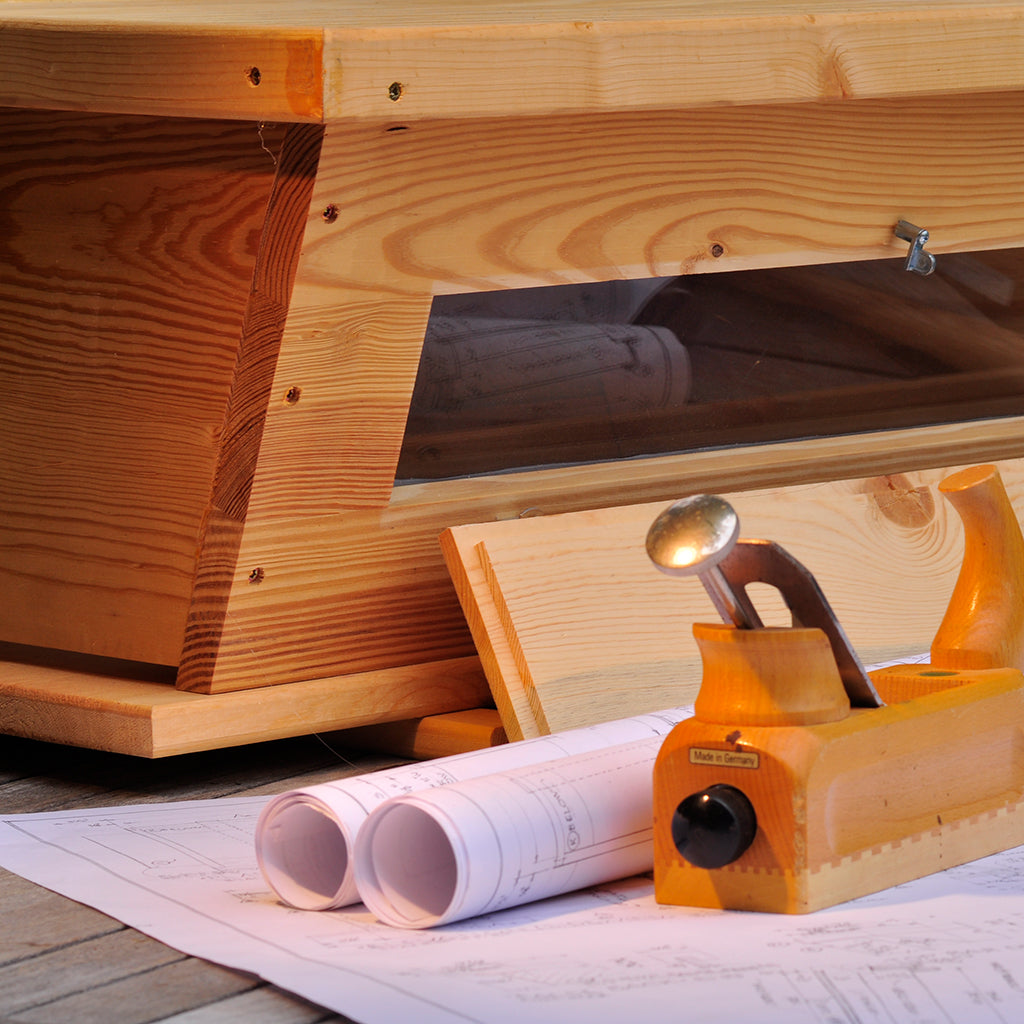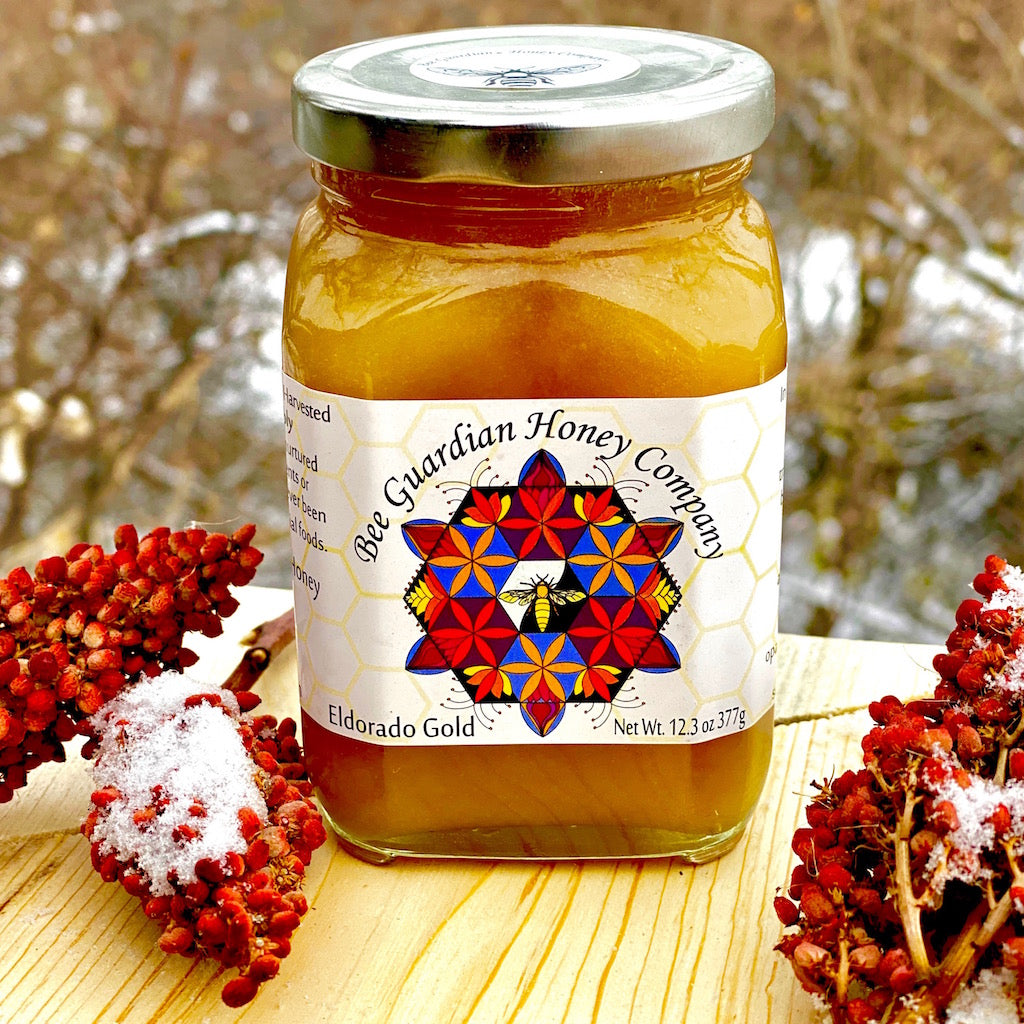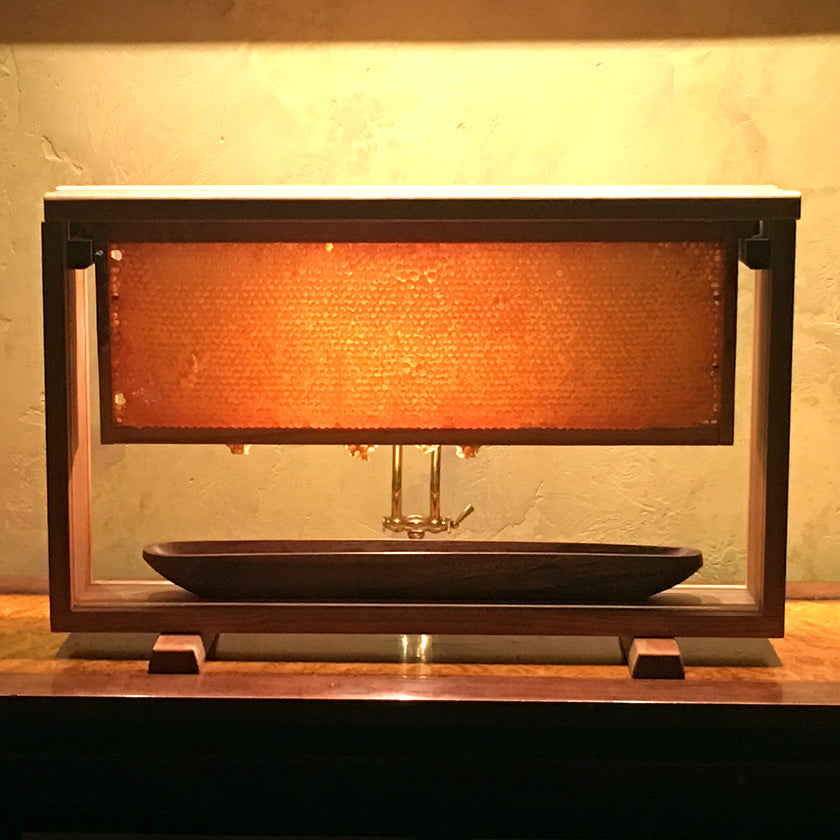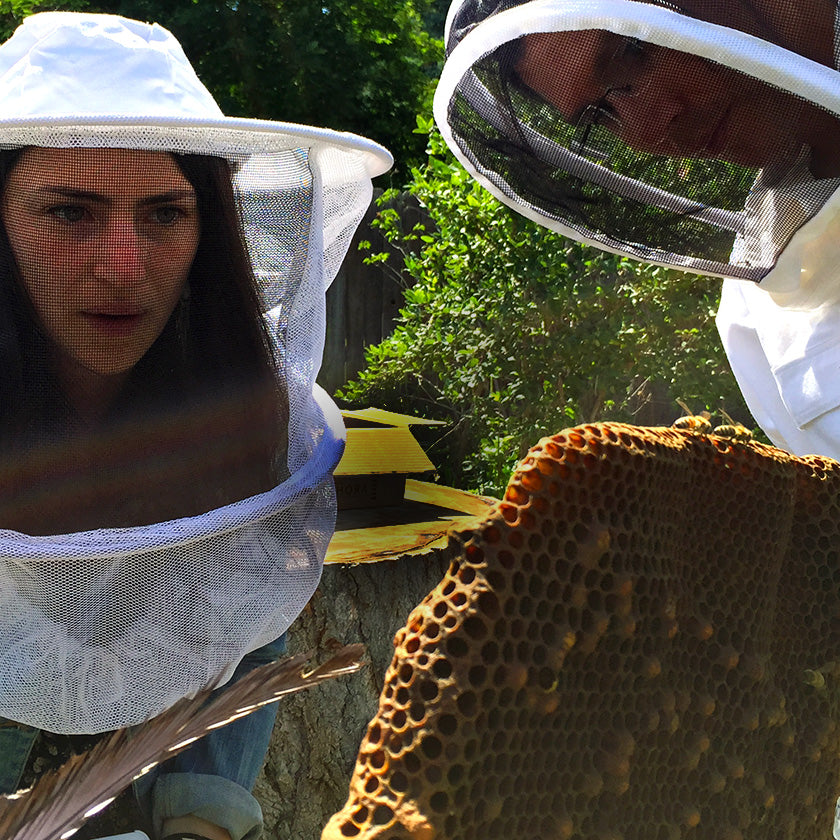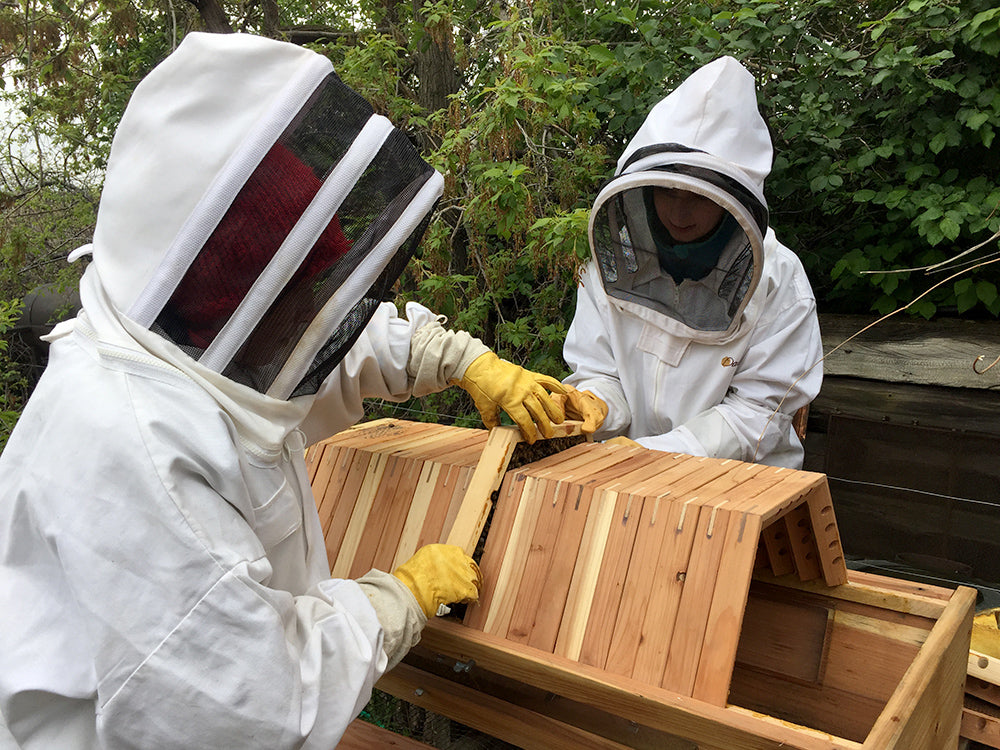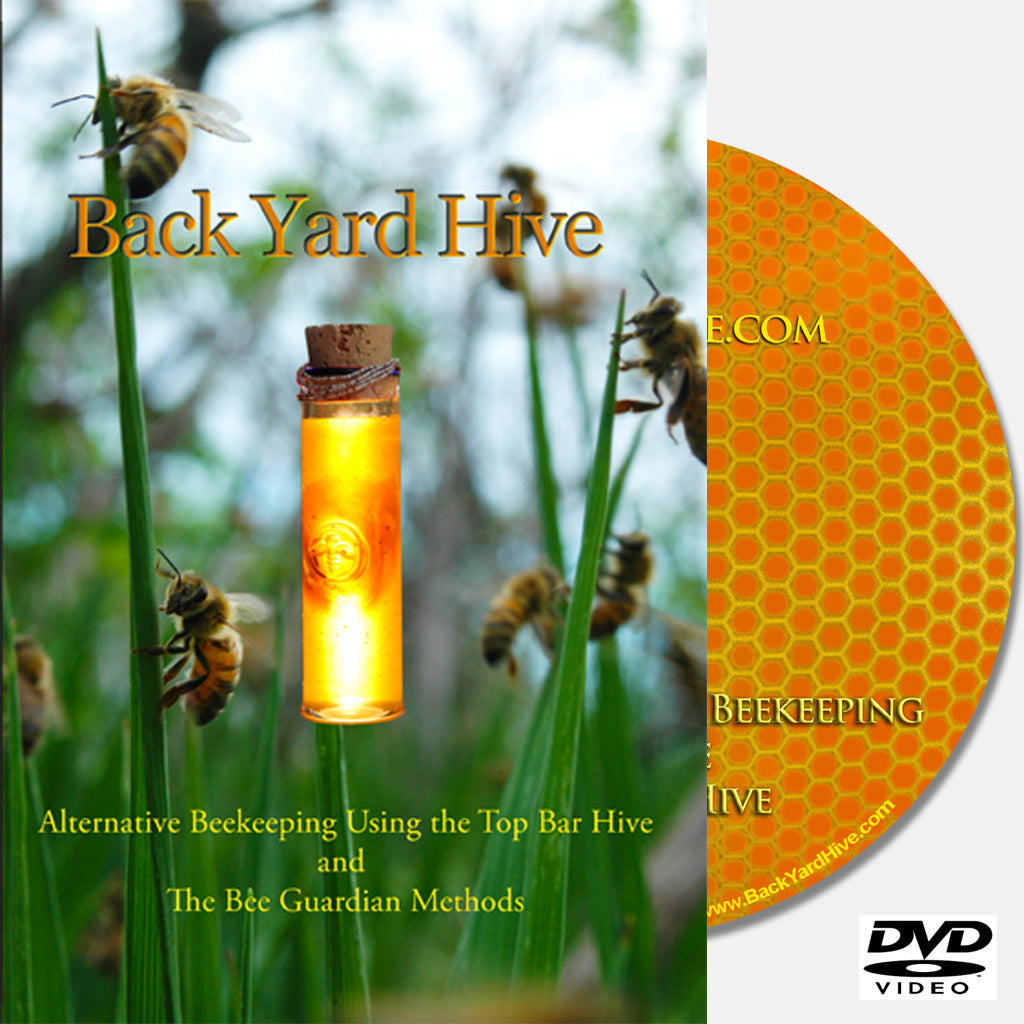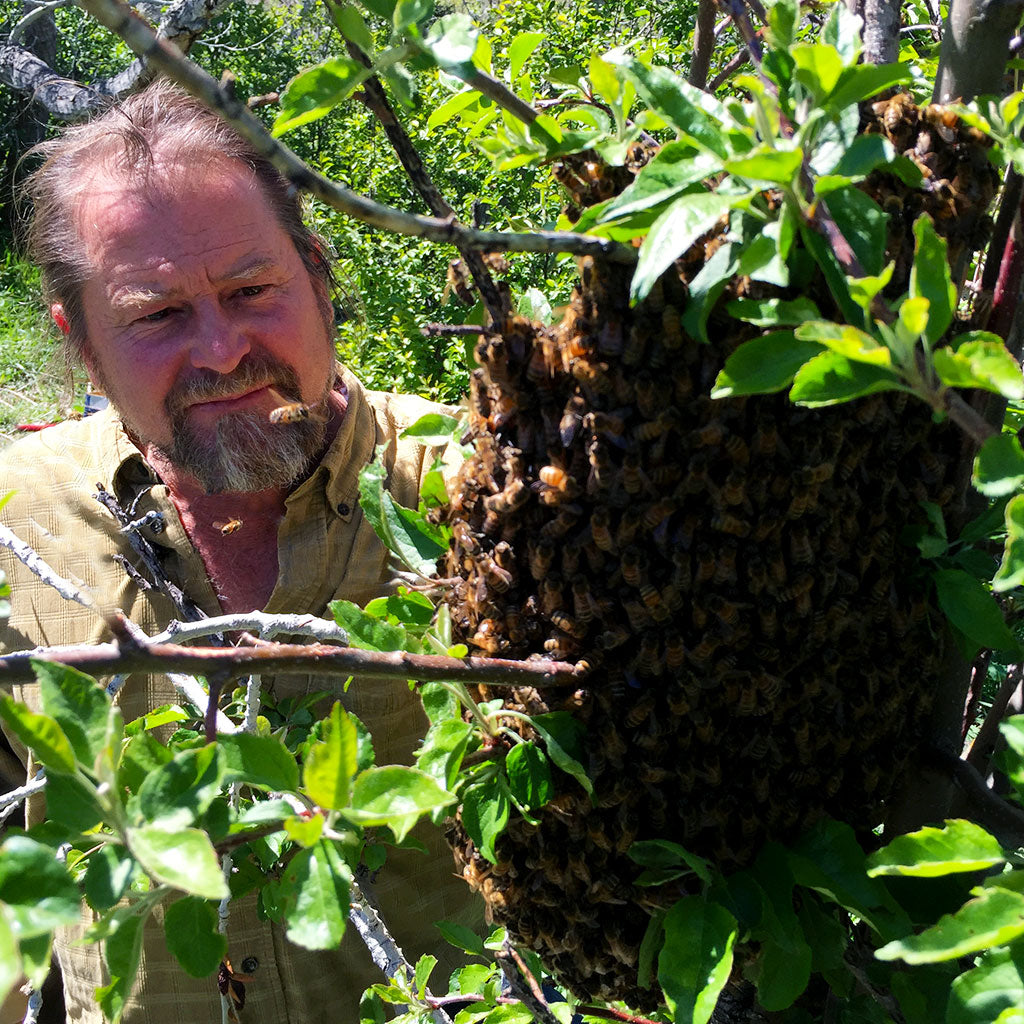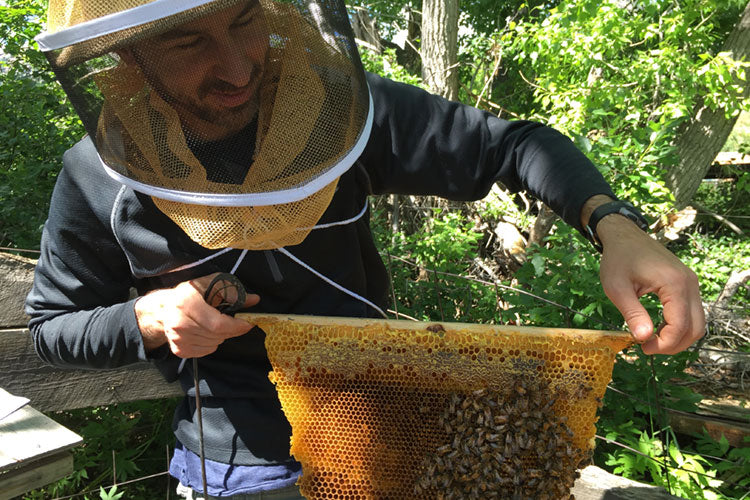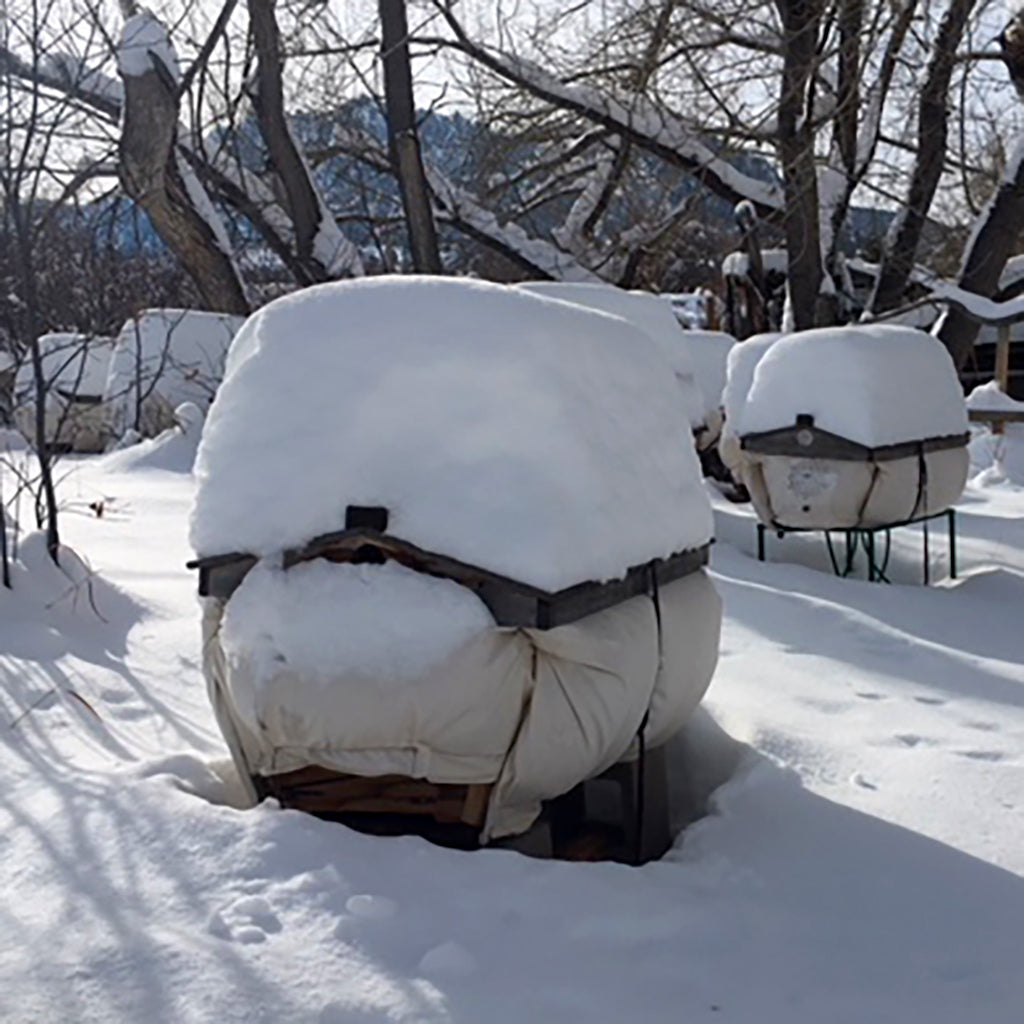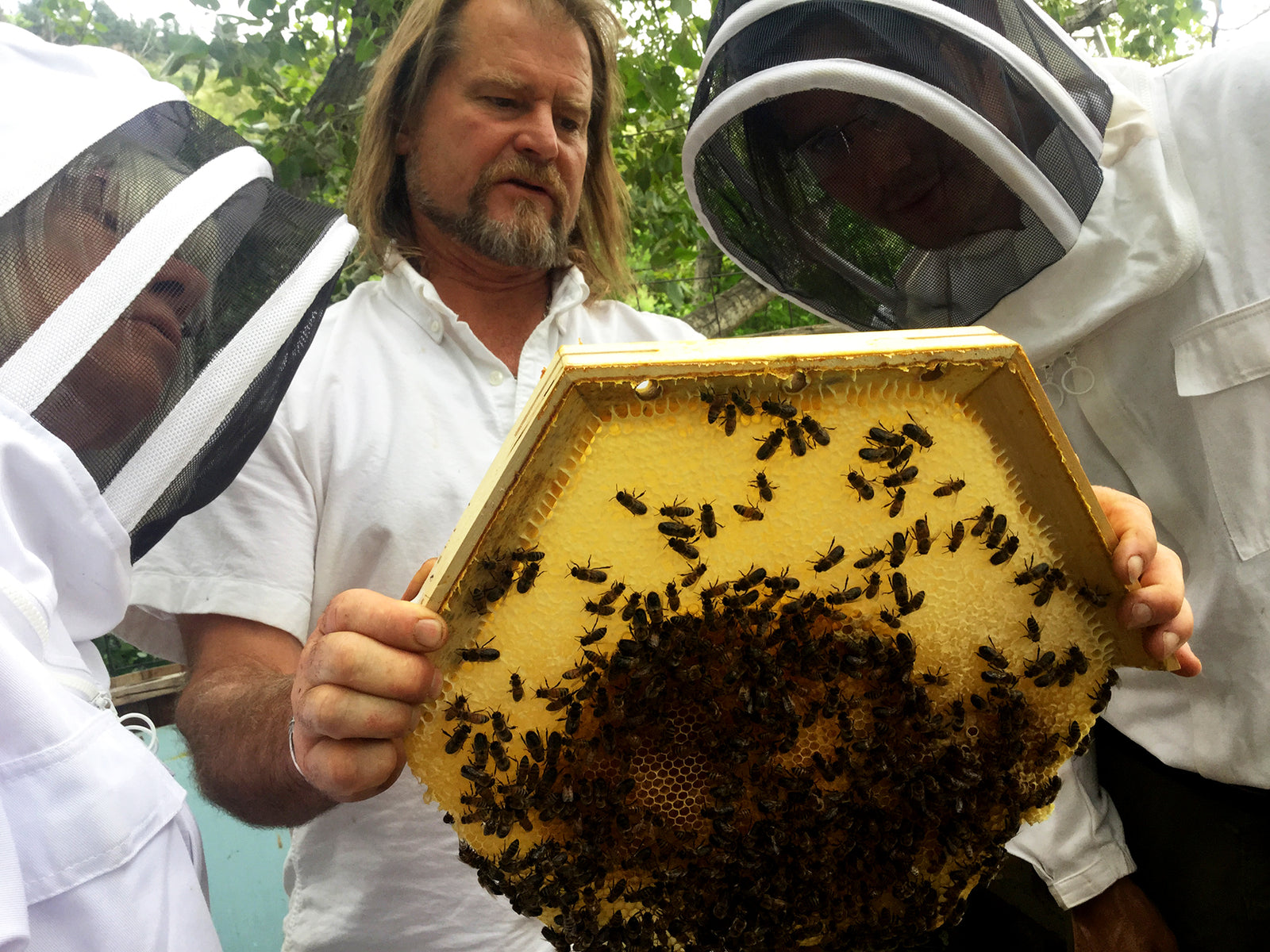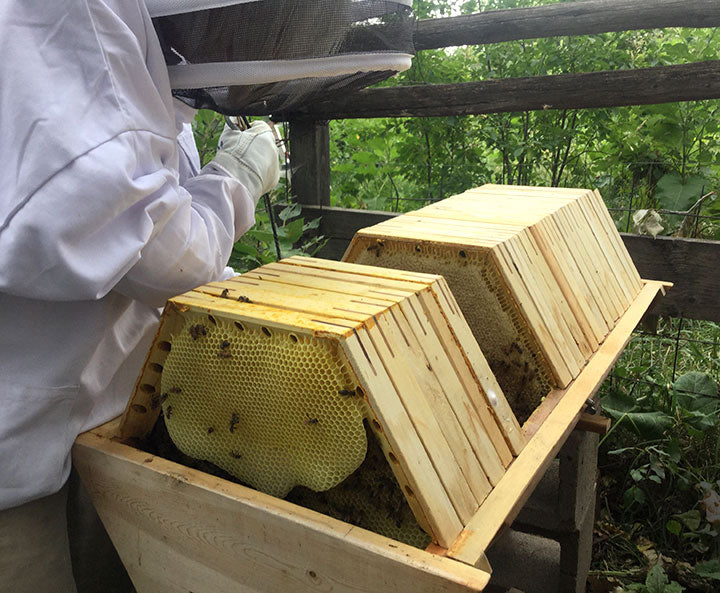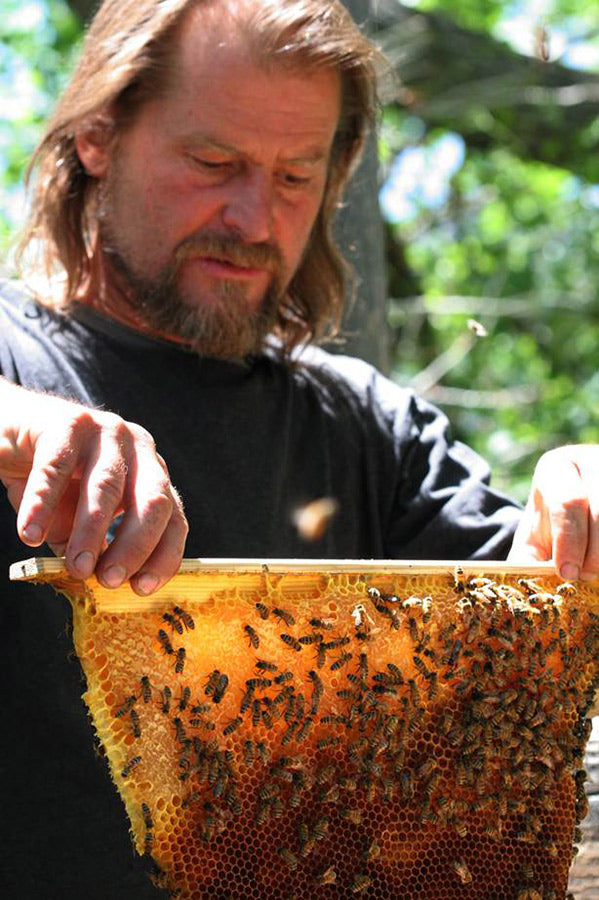2026 class dates announced!
Feb. 28 & Mar. 1, 2026 - Boulder, CO - $200 (Snow date - Mar 7 & 8)
March 21 & 22, 2026 - Boulder, CO - $200 (Snow date -Mar 28 & 29)
May 16 & 17, 2026 - Carbondale, CO - $200 (Potluck lunch)
June 6 & 7, 2026 - Steamboat Springs, CO - $240 (Farm to Table lunch provided)
(Note: Steamboat and Carbondale classes will be taught be Alex DeCesaro)
(TBD, Crestone, CO Email us if you are interested in a Crestone 2025 class)
The weekend of workshops is for the Bee Guardian who wants
to dive in, experience and learn as much as possible toward
getting started with bees. You will gain a big jump ahead in
knowledge if you can swing taking both classes.
Boulder Class Times: 10am-2pm each day
Detailed directions will be emailed once you are registered for the class
Steamboat Class Times: 10am-3pm each day
Detailed directions will be emailed once you are registered for the class. Farm to Table Lunch provided
Carbondale Class Times: 10am-3pm each day
Detailed directions will be emailed once you are registered for the class. Potluck lunch
Session 1 covers more than just the bee basics, which is a misnomer because there is nothing basic about the bees!
Corwin paints a fascinating picture of how bee genetics informs survivor behavior traits, how these traits make up the bees' behavioral immune system and directly relate to survivability. In Session1 Corwin launches into the big picture of the bees as a super organism, why we teach bee keeping the way we do and why we designed the type of hives we use. We compare and contrast not only different hive styles generally used by the majority of bee keepers, but we also explore the various management practices which will clearly demonstrate how a natural Bee Guardian approach creates a sustainable habitat for the bees. Once we learn the bee basics, understand the individual types of bees in the colony, and can identify and discern the various combs and their uses in the nest, we will have the foundation to continue with Session 2.
In Session 2 we go through step-by-step management practices during the seasons of the hive. We learn to "read" combs from different locations in the honey bee nest and assess their condition, their state of health and many other factors. Corwin demonstrates unique techniques for hive management, presents a "time lapse" perspective of how the honey bee nest is initially created, how it evolves over the first year and how it is sustained over the years through careful observation and applying specific management techniques using right timing. By the end of Session 2 you should be able to identify colony problems, apply solutions and be able to assess what to do for your bees in just about every circumstance that you will encounter. Session 2 is also when we get to see how Corwin approaches the hives and how he flows with the energy of the bees and moves through the hive, weather permitting.

